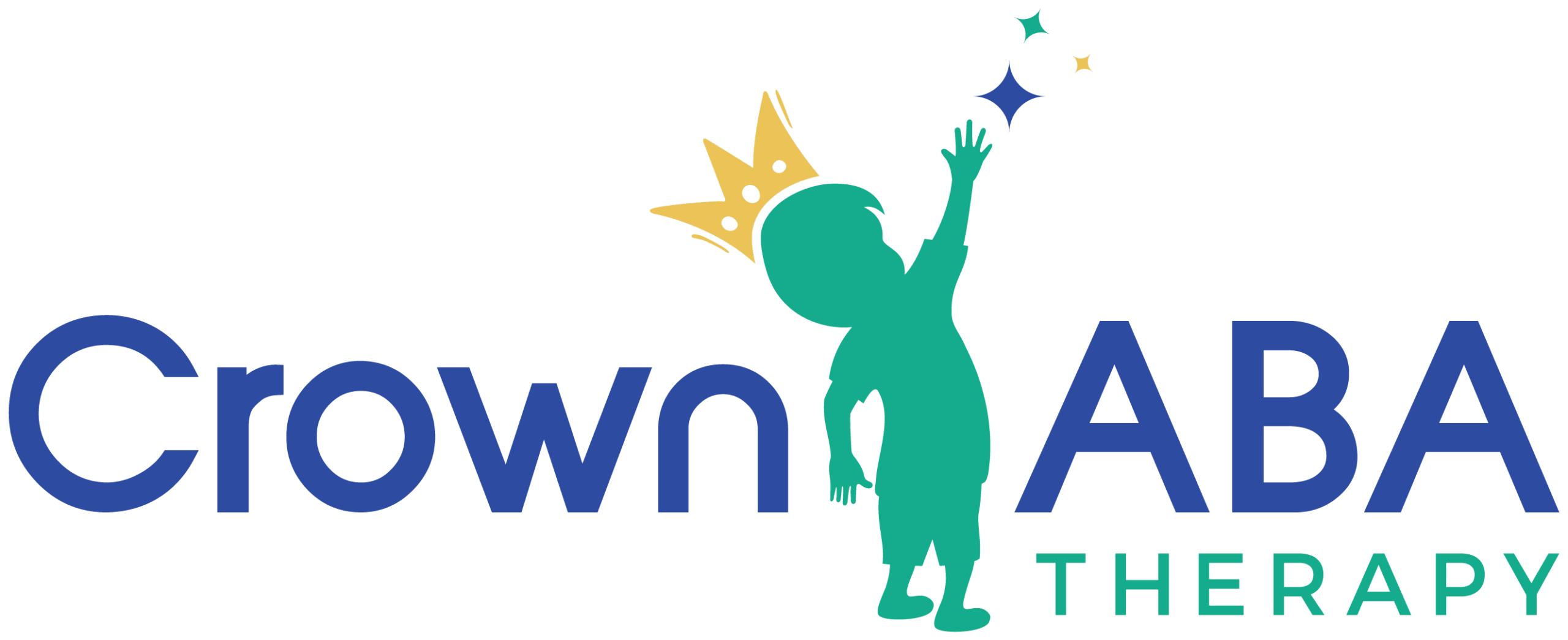Key Points:
- Building a strong partnership with your ABA therapy team is crucial for your child’s progress.
- Clear communication, setting goals, and understanding therapy methods can empower parents.
- Practical tips help parents support ABA therapy consistently at home and beyond.
Navigating ABA therapy in Maryland can feel overwhelming at first. ABA therapy providers like those at Crown ABA understand that parents are essential members of the therapy team. This guide aims to help you collaborate effectively with your child’s ABA therapy team, ensuring the best outcomes. Whether you’re new to ABA or seeking ways to enhance the experience, these tips will help you feel confident and involved.
Why Partnering with Your ABA Therapy Team Matters
ABA therapy is most effective when it’s a team effort. Parents bring invaluable insights about their child’s behavior and preferences, while therapists contribute their expertise in behavior analysis and intervention. When you work closely with your child’s team, you’re helping create consistency between therapy sessions and home life—one of the key factors in successful behavioral progress.
Good communication with therapists, behavior analysts, and support staff keeps everyone aligned. It also allows you to ask questions, express concerns, and celebrate milestones together. The result? A therapy plan tailored to your child’s unique needs and your family’s lifestyle.
Essential Tips for Working Effectively with Your ABA Therapy Team
 Before diving into strategies, it’s important to understand that your role isn’t just observational. Active involvement means engaging regularly, learning about ABA principles, and applying them in everyday situations. Here’s a detailed breakdown to guide you:
Before diving into strategies, it’s important to understand that your role isn’t just observational. Active involvement means engaging regularly, learning about ABA principles, and applying them in everyday situations. Here’s a detailed breakdown to guide you:
- Establish Open, Honest Communication
Transparent communication lays the groundwork for collaboration. Share updates on your child’s behaviors, moods, and routines outside therapy sessions. Don’t hesitate to ask therapists for explanations about techniques or goals you don’t fully understand. Regular check-ins, whether via meetings or messages, can clear up misunderstandings and keep you informed.
- Learn the Basics of ABA Therapy
Familiarize yourself with the core principles of Applied Behavior Analysis, like reinforcement, prompting, and data collection. Many therapists provide parent training or resources. Understanding the “why” behind interventions helps you feel more confident implementing strategies at home and in social settings.
- Set Clear, Measurable Goals Together
Collaborate with your child’s Board Certified Behavior Analyst (BCBA) to set goals that are realistic and meaningful. Goals should reflect your child’s current skills and family priorities—whether that’s improving communication, social skills, or daily living tasks. Tracking progress toward these goals helps everyone stay motivated and focused.
- Maintain Consistency Across Environments
ABA therapy’s success hinges on consistent application. Work with your team to learn how to reinforce positive behaviors outside of therapy sessions. This might involve using the same language, rewards, or prompting methods. Consistency between therapists, parents, and teachers strengthens learning.
- Ask for Regular Progress Reports
Request detailed updates on what your child is mastering and where challenges remain. Progress reports can include data summaries and anecdotal observations. Understanding the results helps you adjust expectations and provide targeted support.
- Advocate for Your Child’s Needs
As a parent, you are your child’s best advocate. If you feel a certain strategy isn’t working or your child’s needs are evolving, voice these concerns. A good ABA team will welcome your input and adapt therapy accordingly.
- Take Care of Yourself
Supporting a child through ABA therapy can be demanding. Don’t overlook your own well-being. Seek support groups, therapy, or simply moments to recharge. A balanced parent is better equipped to sustain involvement in therapy.
Practical Ways to Support ABA Therapy at Home
 Consistency and reinforcement are key outside therapy hours. Here’s how you can actively support your child’s progress:
Consistency and reinforcement are key outside therapy hours. Here’s how you can actively support your child’s progress:
- Incorporate ABA Techniques in Daily Routines
Use prompting and positive reinforcement during activities like mealtime, dressing, or chores. For example, praise your child for following a step or making a choice.
- Create Visual Supports
Many children respond well to visual schedules or choice boards. These tools help with transitions and communication and can be designed with input from your therapy team.
- Practice Skills Through Play
Encourage social interaction and communication during playtime. Use turn-taking, modeling, and reward-based games recommended by therapists.
- Track Behavior and Progress
Keep a simple journal of your child’s behaviors, triggers, and successes. This helps the ABA team adjust programs based on real-life data.
- Attend Training Sessions
Participate in any parent workshops or coaching your ABA providers offer. The more you learn, the more effective you’ll be at reinforcing skills.
Overcoming Common Challenges When Working with Your ABA Therapy Team
Engaging with an ABA team isn’t always smooth sailing. Here are some typical challenges and ways to handle them:
- Feeling Overwhelmed by Technical Language
Don’t hesitate to ask therapists to explain terms or methods in simple language. Most professionals appreciate questions and want you to understand the process.
- Balancing Therapy with Family Life
Therapy schedules can feel intense. Work with your team to find a routine that fits your family without causing burnout.
- Disagreeing on Treatment Approaches
If you have concerns about certain techniques, discuss them openly. Alternative strategies may be available that align better with your values.
- Keeping Motivation High
Celebrate small wins and remember progress takes time. The ABA team can help highlight milestones that may not be obvious day-to-day.
 The Role of Crown ABA in Supporting Maryland Families
The Role of Crown ABA in Supporting Maryland Families
At Crown ABA, we understand that parents are partners, not just observers. Our ABA therapy in Maryland focuses on creating individualized, compassionate programs that involve families every step of the way. We prioritize clear communication and parent education so you feel empowered to support your child’s development both in sessions and at home.
Our team is experienced in tailoring interventions to your child’s needs, helping to build essential skills while respecting your family’s rhythm. Whether you need guidance on behavior management or want to deepen your understanding of ABA principles, we’re here to collaborate with you.
Working closely with your ABA therapy team transforms the process from something you watch into something you actively shape. With the right communication, education, and involvement, parents can significantly impact their child’s success in therapy.
If you’re seeking ABA therapy in Maryland, our team at Crown ABA is ready to work alongside you. Contact us today to learn how we can support your family’s journey with ABA therapy. Together, we can build a path toward meaningful progress and brighter days ahead.




